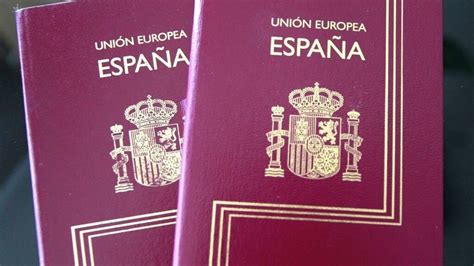
Spain Bans Golden Visas: End of an Era for EU Residency Through Real Estate
Spain has officially terminated its Golden Visa program for non-EU investors, bringing to a close more than a decade of real estate-driven residency. The decision, aimed at fighting the worsening housing crisis in cities like Madrid and Barcelona, is expected to shift global investor focus toward other European Golden Visa destinations such as Greece and Portugal.
Prime Minister Pedro Sánchez confirmed the decision earlier this week, stating that the program had “lost its original purpose” and was fueling speculation in the real estate market rather than contributing to Spain’s long-term development.
“Housing should be a right, not a tool for speculation,” Sánchez said during the announcement.
A Popular Pathway, Now Closed
The Spanish Golden Visa, launched in 2013, allowed non-European investors to obtain residency by investing at least €500,000 in real estate. The program had become one of the most popular in Europe, attracting thousands of applicants from China, Russia, the U.S., and the Middle East.
In exchange, investors received a renewable residency permit, access to the Schengen Area, and a future path to citizenship after ten years of legal residence.
But over time, mounting criticism from housing rights groups and pressure from the European Commission led the Spanish government to reevaluate the program’s impact—especially as local residents struggled with soaring property prices and rental shortages.
What Triggered the Ban?
The government’s decision was driven by growing public outcry over housing affordability and social inequality. In major Spanish cities, foreign investment has been linked to gentrification, displacement of locals, and increased demand for luxury properties—often left vacant for much of the year.
According to recent data, nearly 95% of Golden Visas issued were based on property investment, prompting criticism that the system prioritized capital over community.
Spain’s move mirrors a wider trend across the EU. In recent years, Portugal, Ireland, and the Netherlands have also scaled back or shut down similar residency-by-investment programs, especially those tied to real estate.
Where Will Investors Go Next?
With Spain now off the table, investment migration firms report a surge in inquiries about alternative EU programs.
Greece, with its €250,000 minimum real estate investment requirement, is now the most affordable and accessible option in the Schengen Zone. Meanwhile, Portugal continues to attract interest through fund-based investment options.
“The demand is already shifting,” says Yusuf Boz, founder of NotteGlobal. “Spain’s closure is a big opportunity for countries like Greece and Latvia. Investors who act quickly can still benefit before other programs tighten their requirements.”
Boz also warns that increased demand could soon drive prices and processing times higher in those markets, urging potential applicants to seek expert guidance and move swiftly.
Impact on Real Estate and Residency Trends
For real estate developers in Spain, the news comes as a major blow. Many high-end residential projects were designed with foreign buyers in mind. Experts predict a slowdown in this sector, particularly in luxury developments.
However, from a policy perspective, the Spanish government believes the long-term gains—such as more equitable housing access—outweigh the short-term economic drawbacks.
Migration experts expect the EU will continue to apply pressure on remaining Golden Visa programs to reform their criteria, focusing more on job creation, innovation, and long-term integration.
The Future of Investment Migration
Spain’s exit marks a turning point in Europe’s investment migration landscape. It highlights the growing clash between economic opportunity and social responsibility—raising questions about how Golden Visa programs should evolve in the future.
While some nations double down on regulation, others may seize the moment to strengthen and promote their own offerings.
For now, one thing is certain: the Golden Visa race is entering a new chapter, and Spain is no longer in it.





